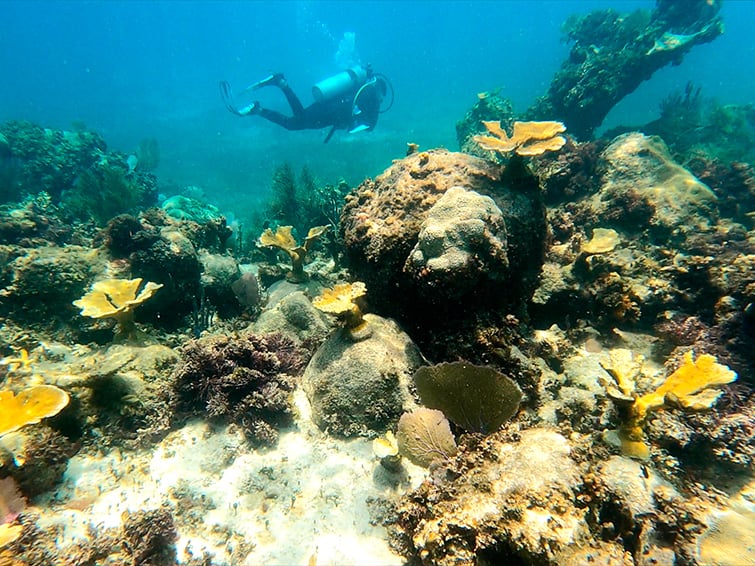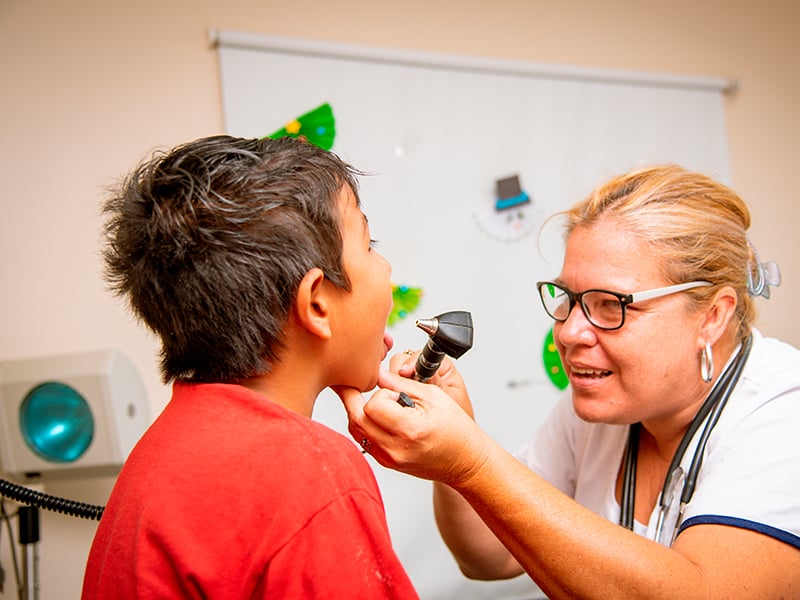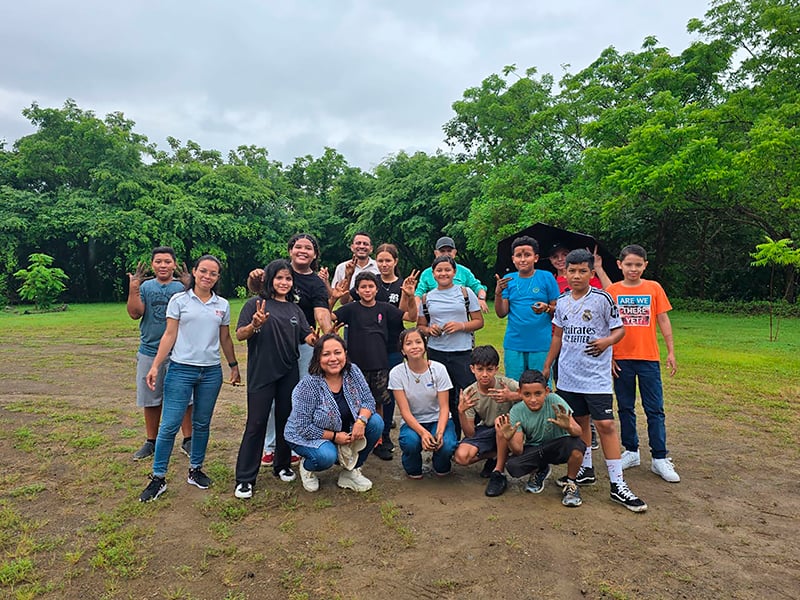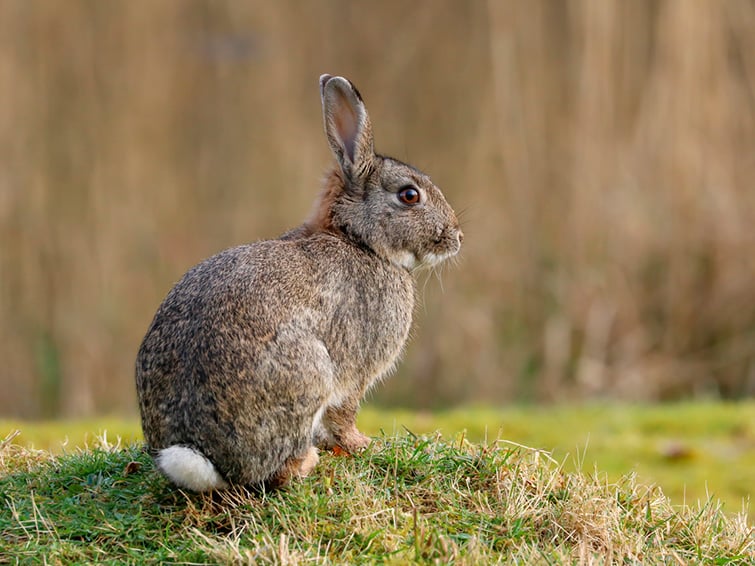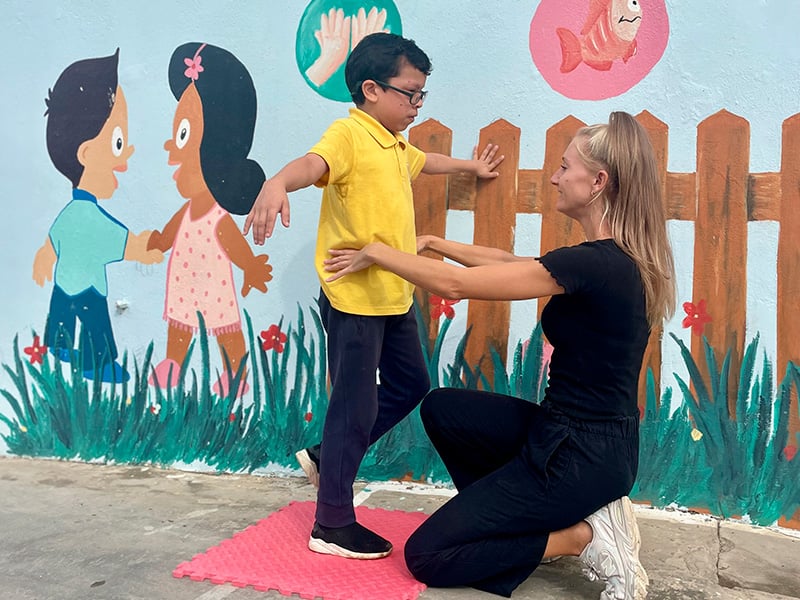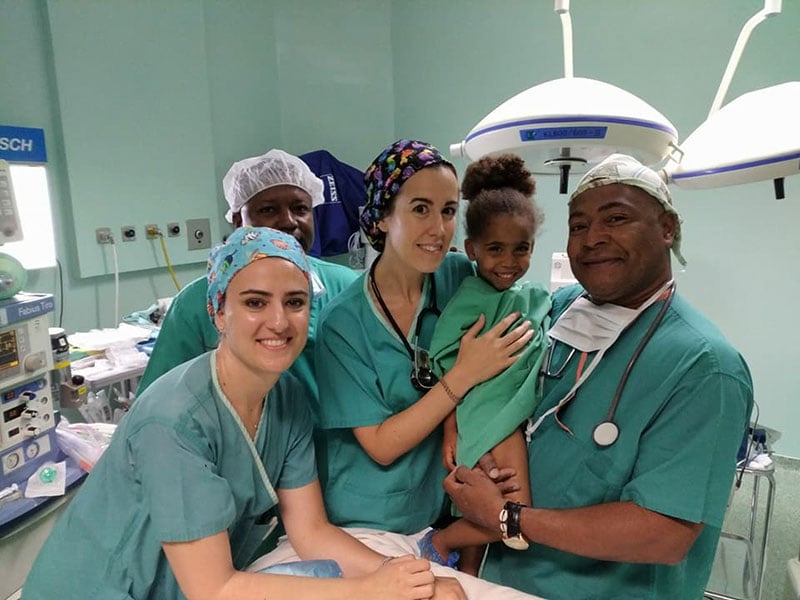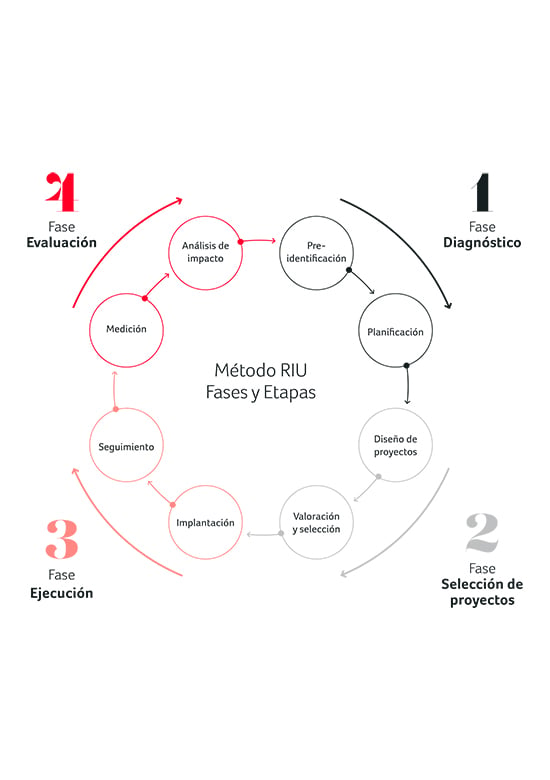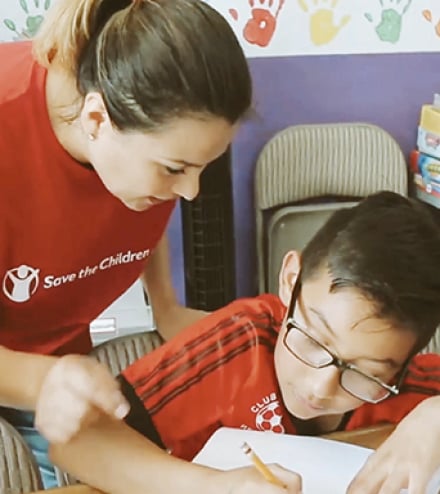
Proudly Committed
Proudly Committed is the name of RIU's new sustainability strategy. It is a transformation process that places sustainability at the heart of all the company’s decisions. The ultimate goal? To ensure that the company’s impact on both society and ecosystems is always as positive as possible.
RIU has set a three-year roadmap that sets ambitious, concrete and measurable objectives in each of the pillars of the strategy, which are three: People, Sustainable Destinations (Communities and Natural Environments) and Transparency.
